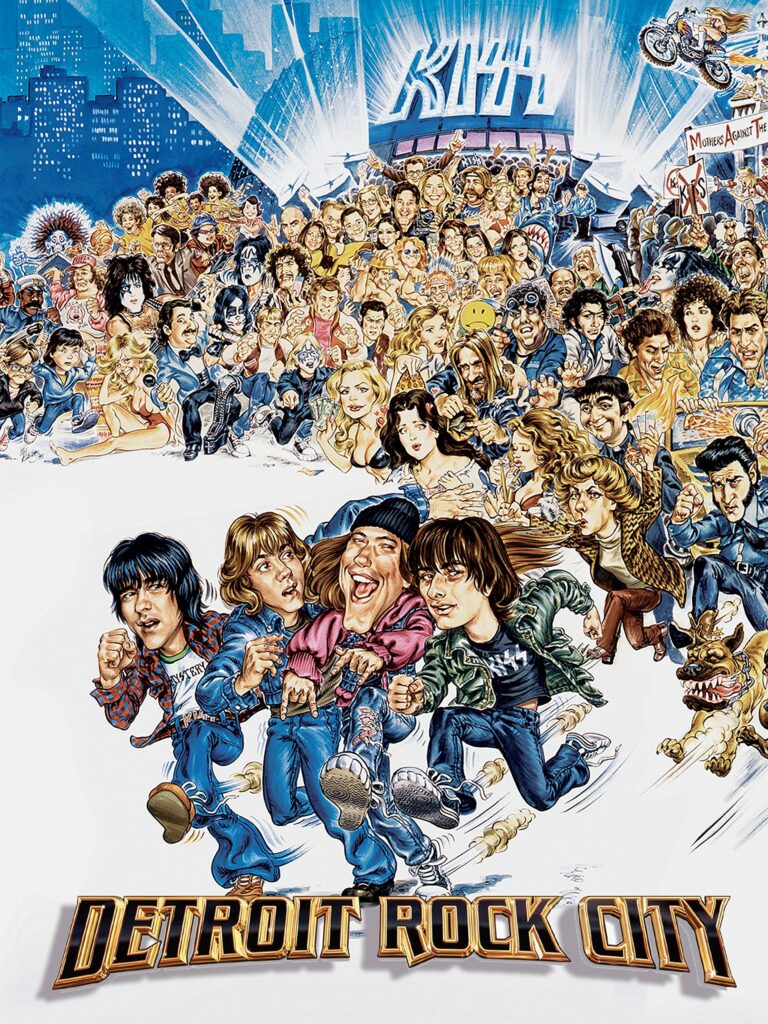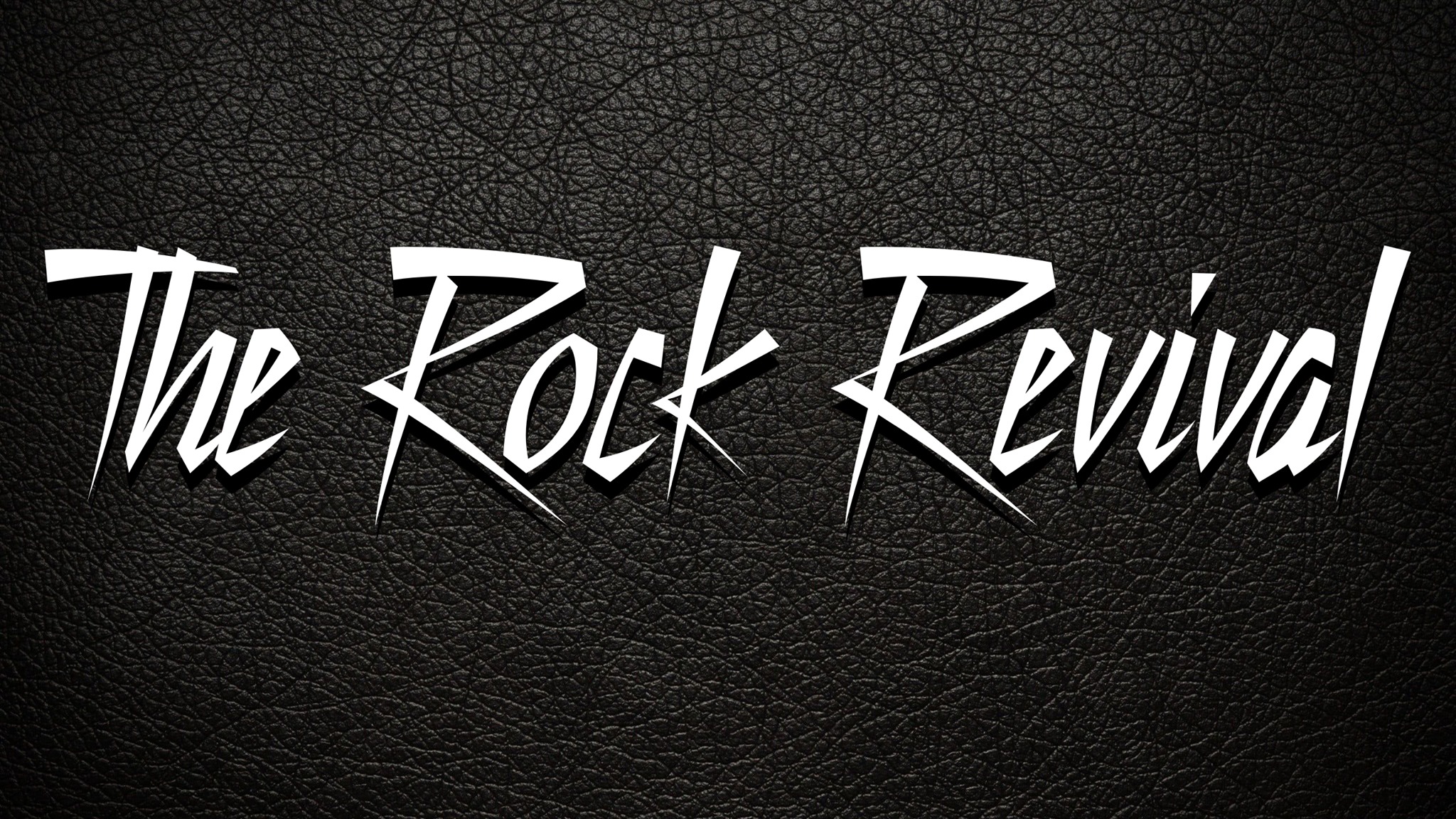The must-watch music flick remains a staple in rock music culture
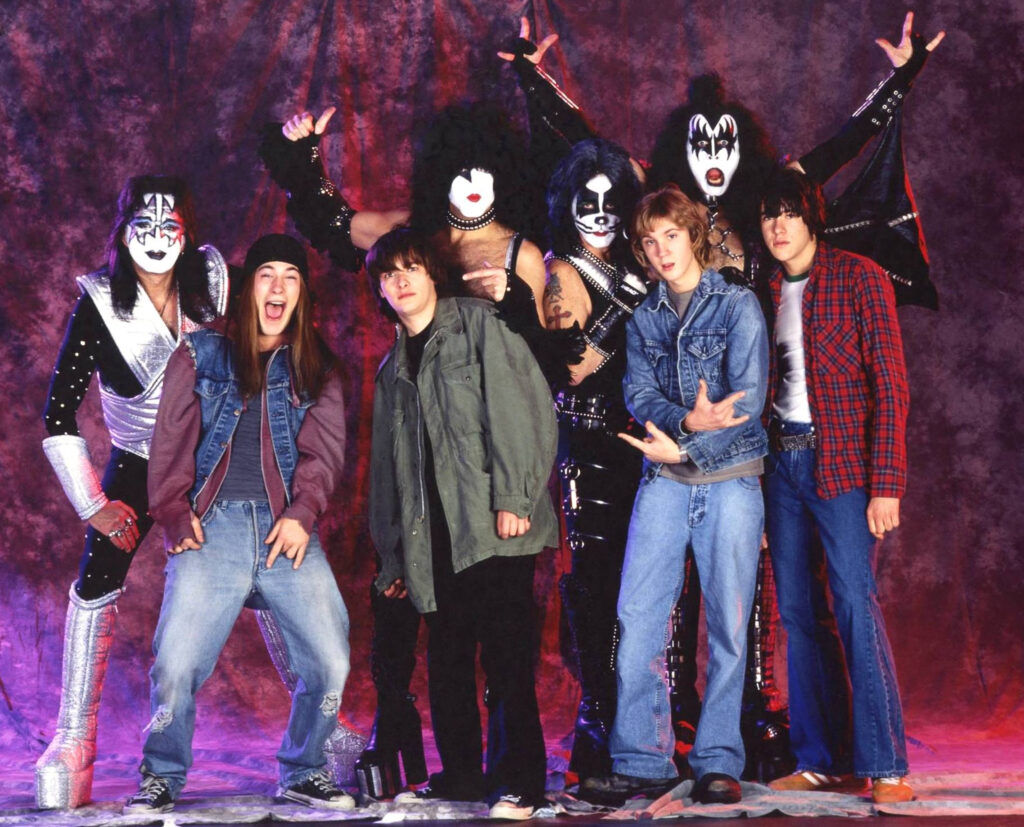
On this day 25 years ago, four As we commemorate the 25th anniversary of Detroit Rock City, it’s worth reflecting on how this cult classic has stood the test of time, continuing to resonate with rock enthusiasts and movie buffs alike. Released on August 13, 1999, Detroit Rock City wasn’t just a movie about four teenagers chasing their dream of attending a KISS concert — it was a love letter to the wild, rebellious spirit of rock ‘n’ roll.
The idea for Detroit Rock City was born out of pure fandom. Adam Rifkin, the film’s director and co-writer, was an unabashed KISS fan and wanted to create a movie that captured the essence of the band’s impact on a generation of music lovers. Rifkin envisioned a story that would not only celebrate the music of KISS but also evoke the feelings of teenage rebellion, friendship, and the lengths fans would go to in order to experience their favorite band live.
Inspired by his own experiences as a young rock fan, Rifkin aimed to channel the energy and excitement of being a teenager in the 1970s, when rock music was more than just a genre—it was a way of life. He collaborated with Carl V. Dupré on the screenplay, which centers on four high school friends—Hawk, Trip, Lex, and Jam—who embark on a wild journey to see KISS in concert in Detroit, Michigan. Their misadventures along the way capture the essence of teenage angst, the thrill of breaking the rules, and the camaraderie that comes with being a part of a fandom.
KISS was integral to the movie’s development from the very beginning. The band members—Gene Simmons, Paul Stanley, Ace Frehley, and Peter Criss—had a significant influence on the film’s tone and soundtrack. Gene Simmons, who also served as a co-producer, was deeply involved in the project, ensuring that the film stayed true to the spirit of KISS and the era it represented.
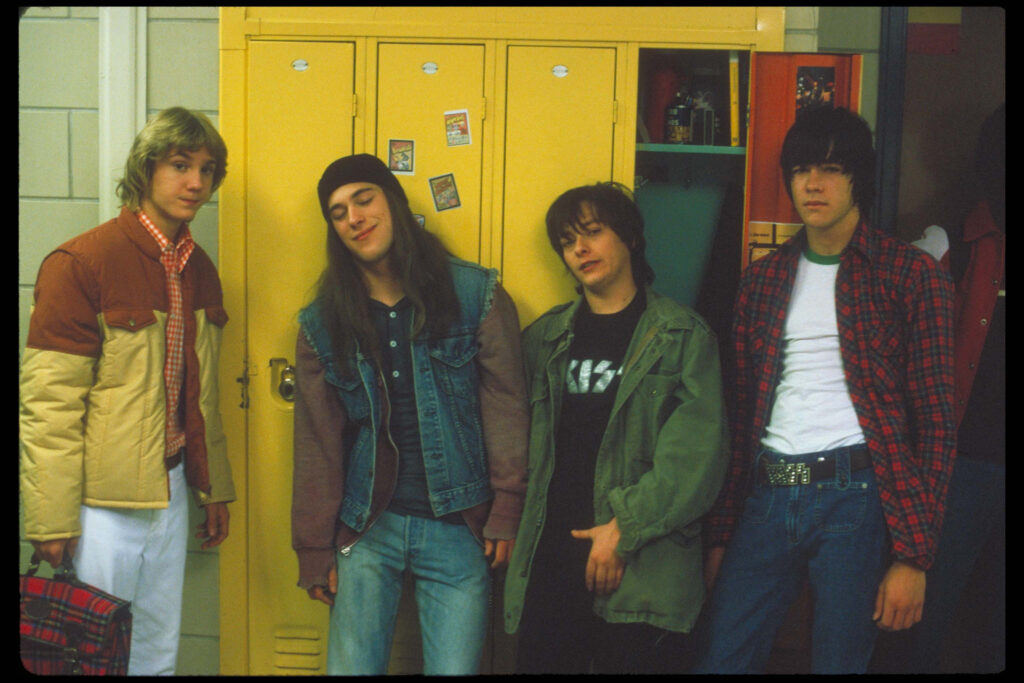
The band’s larger-than-life persona and music are central to the plot, with the concert serving as the ultimate prize for the film’s protagonists. The title itself, Detroit Rock City, is a nod to KISS’s 1976 hit song of the same name, which celebrates the band’s love for Detroit, a city that embraced KISS early in their career.
Detroit Rock City features a talented ensemble cast that brought the story’s colorful characters to life. Edward Furlong, best known for his role in Terminator 2: Judgment Day, starred as Hawk, the group’s leader. Sam Huntington played the awkward but endearing Jam, while Giuseppe Andrews took on the role of the rebellious Trip. James DeBello rounded out the quartet as the stoner Lex.
The supporting cast included Natasha Lyonne as Christine, a free-spirited disco-loving girl who befriends the boys, and Lin Shaye, who delivered a memorable performance as Jam’s overbearing mother, Mrs. Bruce. The film also featured cameos from Gene Simmons and other members of KISS, further cementing the band’s involvement in the project.
Behind the camera, Adam Rifkin’s direction perfectly captured the frenetic energy of the story, balancing humor, nostalgia, and the rebellious spirit of rock ‘n’ roll. The film was produced by Barry Levine, with KISS bassist Gene Simmons serving as a co-producer.
Upon its release, Detroit Rock City received mixed reviews from critics. Some praised the film for its nostalgic charm and energetic performances, while others criticized it for its predictable plot and reliance on crude humor. Despite the mixed reviews, the film has since garnered a dedicated cult following, particularly among KISS fans and those who grew up during the heyday of rock music.
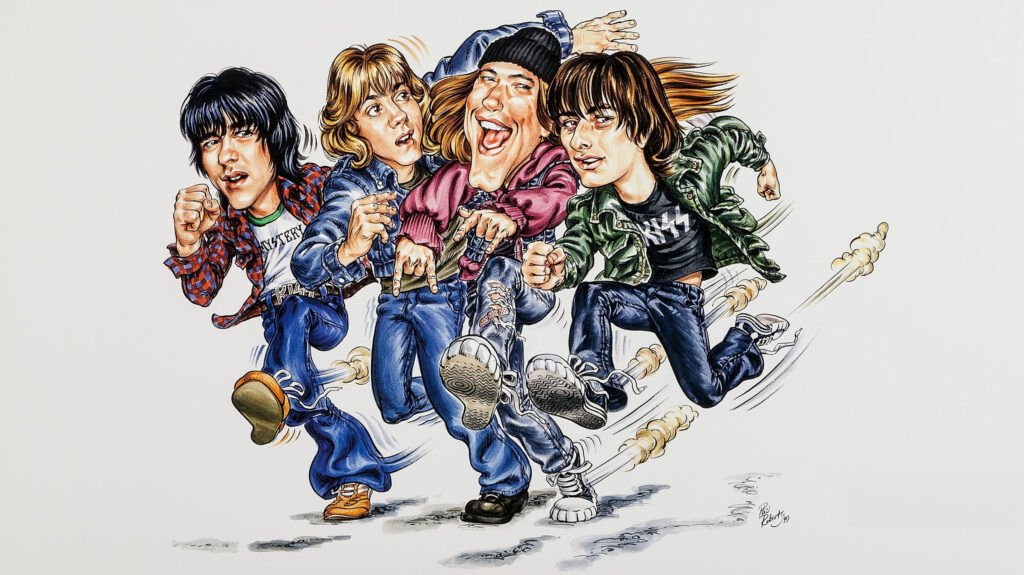
At the box office, Detroit Rock City struggled to find an audience, grossing just over $5.8 million against a budget of $17 million. However, like many cult classics, its true success was found in the years following its release. The film gained popularity through home video sales and television airings, becoming a staple for rock music lovers and those who appreciate a good coming-of-age story.
Perhaps even more popular that the film itself was the soundtrack. It featured original cuts from heavy hitters like Black Sabbath, Van Halen, Thin Lizzy, and, of course, KISS. Several covers were also included, like Marilyn Manson performing AC/DC’s “Highway to Hell,” Drain STH’s insanely heavy cover of T. Rex’s “20th Century Boy,” and Pantera’s groovy rendition of Ted Nugent’s “Cat Scratch Fever.” Pantera’s version of the Nuge’s classic actually became a hit single for the metal titans.
And, it goes without saying that KISS’s juggernaut “Detroit Rock City” was also featured on the soundtrack.
Detroit Rock City has left an indelible mark on pop culture, particularly within the rock community. It serves as a time capsule of the 1970s rock scene, capturing the essence of an era when music was rebellious, concerts were life-changing events, and KISS was at the peak of their powers.
The film’s portrayal of fan culture and the lengths to which people will go to see their favorite band resonates with audiences even today. It highlights the unifying power of music, showing how a shared love for a band can bring people together, regardless of their differences.
In the years since its release, Detroit Rock City has become a touchstone for KISS fans and rock enthusiasts. It has inspired countless tributes, fan conventions, and even cosplay, with fans dressing up as their favorite characters from the film. The movie’s soundtrack, featuring classic rock hits from the 1970s, remains a favorite among music lovers, further cementing its legacy.
As we celebrate the 25th anniversary of Detroit Rock City, it’s clear that this film is more than just a comedy about four teenagers—it’s a celebration of the power of rock ‘n’ roll, the spirit of rebellion, and the enduring legacy of KISS. For those who lived through the era, it’s a nostalgic trip down memory lane, and for younger generations, it’s an introduction to the magic of a band that defined a genre and an era. Cheers to 25 years of Detroit Rock City — may it continue to rock on for many more.
